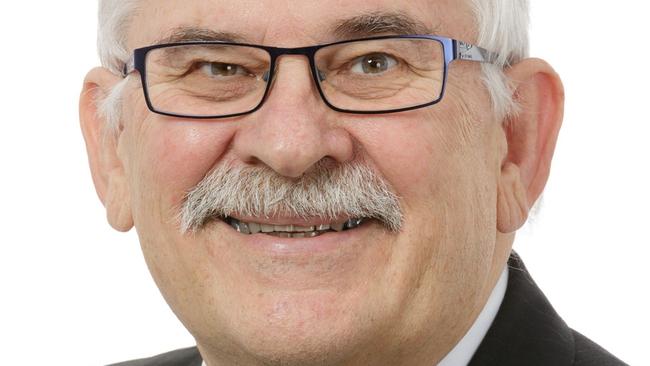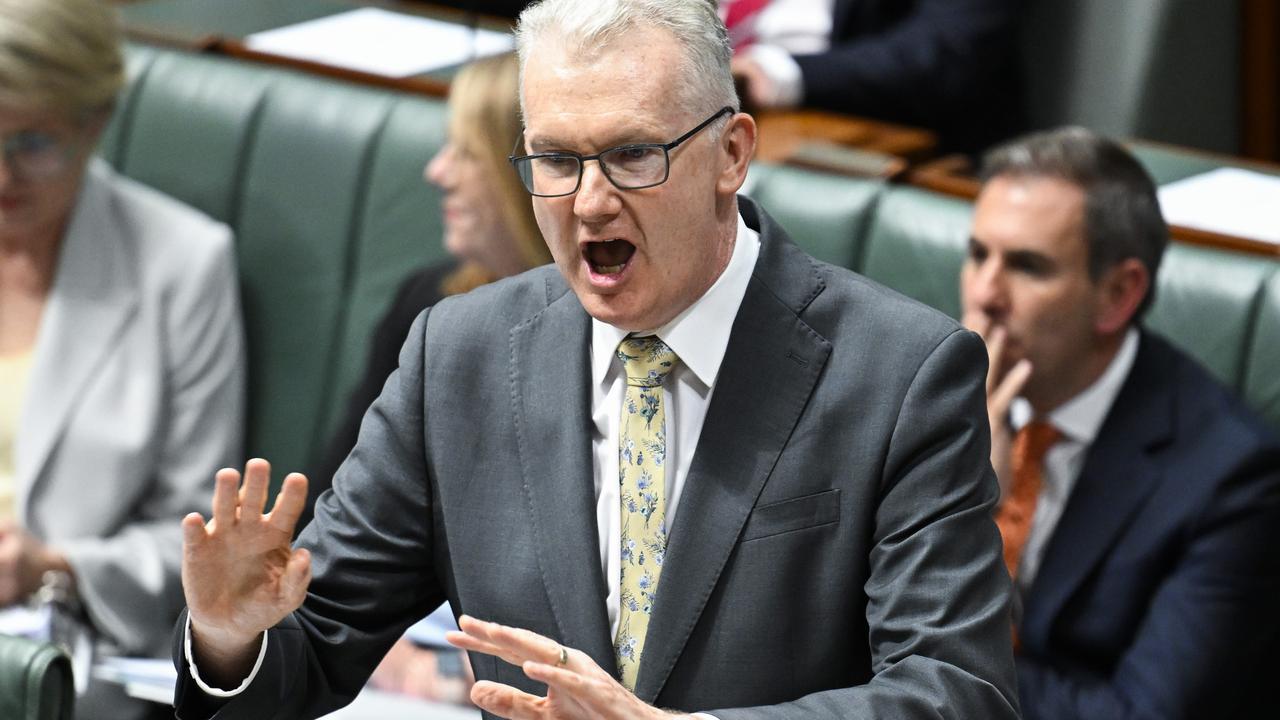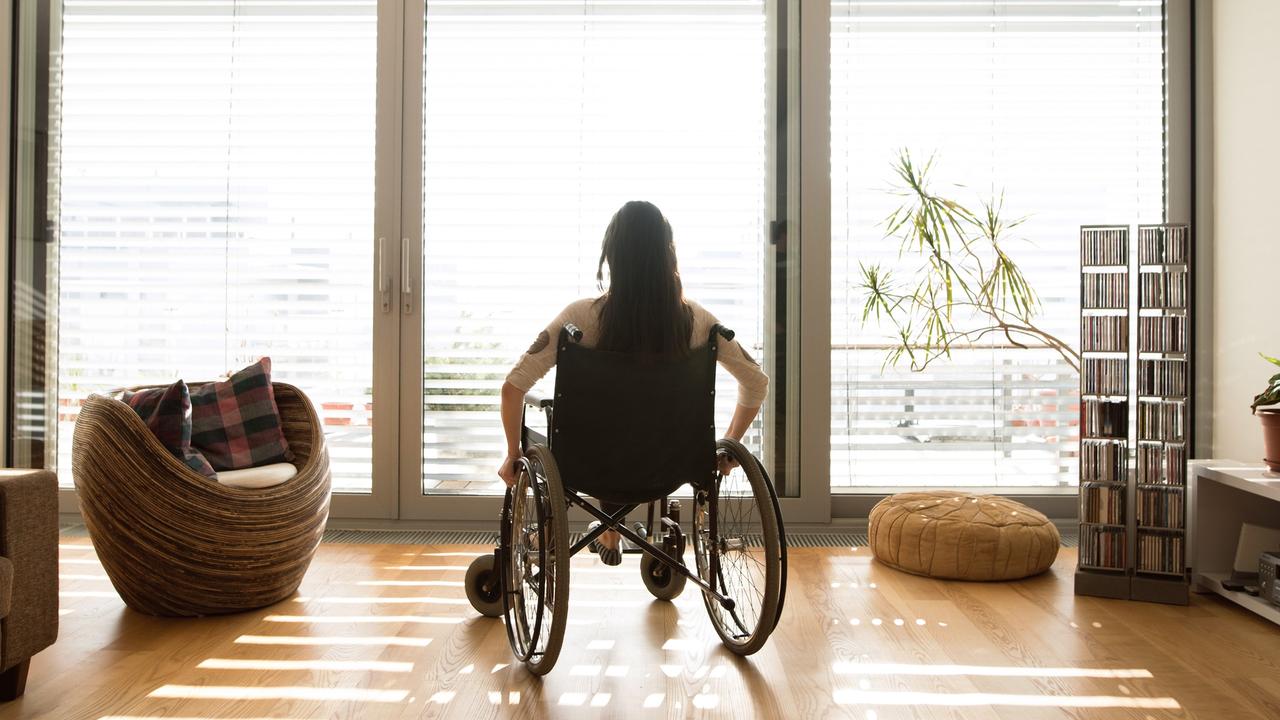Coronavirus: Next step would be brutal, but effective
Australia’s national cabinet looks to be edging closer to its toughest decision yet in the fight against the coronavirus.

Australia’s national cabinet looks to be edging closer to its toughest decision yet in the fight against the coronavirus pandemic.
The prospect of a total lockdown has loomed larger, day by day, since Scott Morrison started stepping up the range of measures to slow the spread of the virus, from border closures to bans on mass gatherings and the shutting down of non-essential services.
Britain, Italy and New Zealand have already taken this step to combat the virus threat.
A lockdown would present federal and state governments with a new set of challenges in managing and policing populations in high-density coastal cities and remote communities.
It would also impose an unprecedented restriction on movement for a democracy that is accustomed to a relaxed observance of rules and with a record of resenting overbearing authority.
Lockdown leaves no room for either. All Australians would be ordered to stay in their homes unless they are essential service workers. The only physical contact permitted would be with others living in the same home. Even then, social distancing would be the norm.
All schools and non-essential businesses would shut. The only time a person could venture outdoors would be to buy food or medicine, or to exercise close to home, most likely only once a day.
State police would enforce the lockdown — in the same way they are empowered now if people breach self-isolation orders — by questioning those seen wandering the streets, and imposing on-the-spot fines when rules are ignored.
Draconian? A police state superimposed on a democracy? It could be these things, but health experts watching the spread of COVID-19 grow exponentially — with the number of cases doubling every four to five days — agree a lockdown is the best chance we have of stopping the virus.
“It’s the way to cut it dead; you want to have nowhere for it to go,” said Stephen Duckett, a health economist from Melbourne’s Grattan Institute and a former health department boss. “It could take three weeks, possibly longer, but a lockdown could stop it.”
However, Mr Duckett said case numbers would still most likely get worse before the rate slowed or stalled. “The decisions we make today take a couple of weeks to have an impact,” he said. “If you look at the way the number of cases is still doubling, that reflects where we were two weeks ago, when the Prime Minister was still joking about going to the footy.”
Raina Macintyre, head of biodiversity at the University of NSW, is another big supporter of drastic measures now. She appears even more optimistic than Mr Duckett, providing the measures stopped people moving around and infecting others. “It could be all over in two weeks,” she said.
In practice, a lockdown would most likely last at least four weeks, as New Zealand Prime Minister Jacinda Ardern has decreed.
But there would be serious consequences. Many shut in their homes without the possibility of working remotely stand to be stood down without pay for indefinite periods, or even retrenched. The elderly and disabled would be completely isolated, unless help was sent to them in their homes.
The government would also have to decide what constitutes essential services. Garbage collection would need to continue to avoid the spread of disease. And uninterrupted power services would be needed for supplying electricity and gas, as well as the supply of uncontaminated drinking water. And all these services require a large workforce.




To join the conversation, please log in. Don't have an account? Register
Join the conversation, you are commenting as Logout